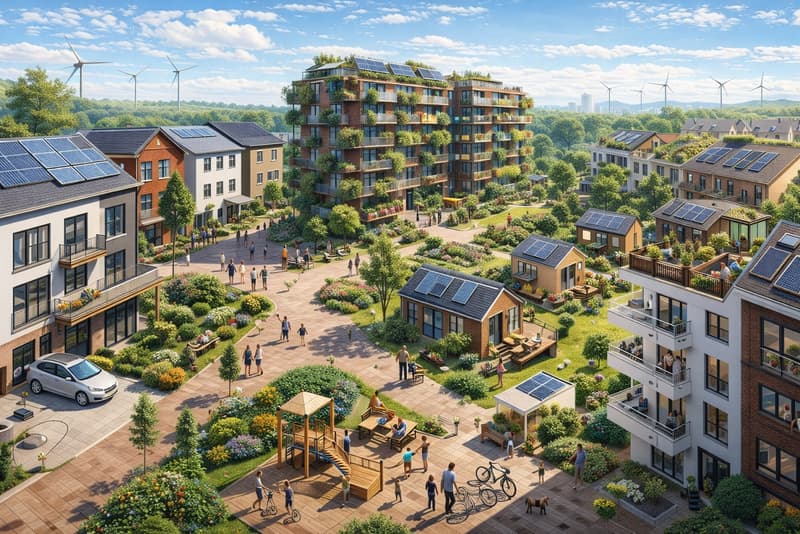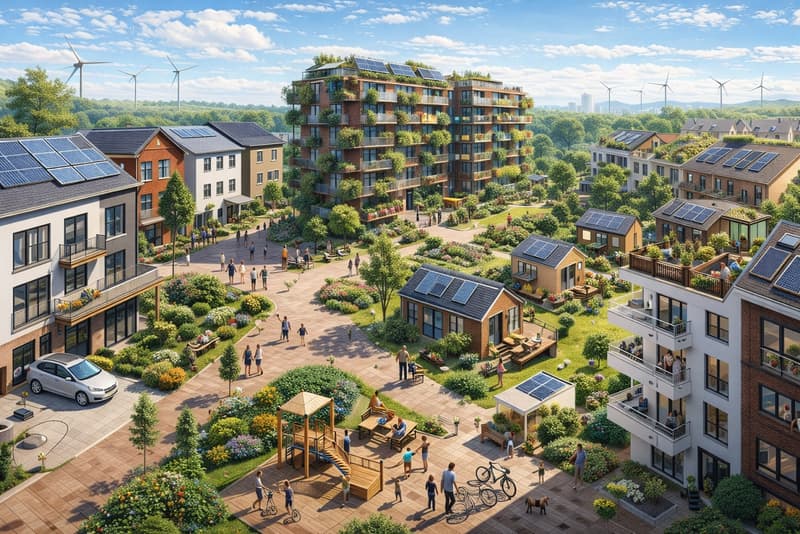
Income distribution refers to the method in which the wealth of the country is distributed among its citizens. The concept of income distribution is relatively new in economics, but has long been part of economic theory and policy. In particular, economics and political theory have always seen income distribution and its distribution as an important concern.
There are many different ways to define or measure income, but all economists agree on one fundamental idea: it refers to the distribution of financial wealth among various groups of people. A person may have income from a job, government salary, inheritances, and so on. A government or other public entity could also distribute income. Many forms of property taxes and personal income taxes are also considered income.
Economics is concerned with the distribution of income and with it, the theory of economics and the theories of political theory depend on the concept of income. This article discusses the concept of income as it pertains to political theory and economics.
As it pertains to the political theories of income, what are the implications for the political order? What are the implications for the stability of a state?
The concept of income is very important to the political theories of income because they are concerned with the distribution of income in a society. Political theory and political economy both depend on the concept of income.
For example, most political theorists argue that if a state spends more money on education than is necessary and does not use the money to provide jobs and income to the citizenry, the state will become corrupt and the political process will collapse. The theory of income is based on the fact that the people in a state who are willing to work do so for a reason – to earn a living, and therefore there will be no need to pay extra taxes to those who don’t have any money.
Because political theorists rely on the concept of income in their economic theories, the same theory cannot apply if the state does not use the funds to provide income to citizens and the state will still collapse. Therefore, it is an important part of economics and politics that a state must spend less than it earns.
Income distribution and political theory are interrelated, and each relates to the other. There are many different things that affect income, but they are all related to how the political process works. So, as it pertains to the political philosophy of income, it is important to note that when one theory claims that government spending must be reduced and/or taxes increased, the other theory will argue that it is okay because government spending will help the citizenry.
This political philosophy is called liberalism. It is a philosophy that believes that the state should intervene in every aspect of a person’s life, and that taxes are used to help a state to solve problems that people are able to handle themselves. However, in this case, taxes and spending would be used to help a state in debt and social service problems, not to solve problems that the citizens could fix on their own.
The political philosophy that most political theorists who believe in liberalism believe in is the theory of classical liberalism. This theory believes that the state should not interfere with a person’s ability to decide how much they want to earn and how much they want to invest, but rather they should be free to do what they want and save as much money as they want to.
This type of theory is also important because it is what makes it possible for the state to intervene in the economic theories and the social theories of the citizens. A state needs a certain amount of income to run its affairs, but the amount of income that it has is not important to a state. Therefore, it can borrow and lend as much money it wants, which is allowed in this theory, as long as it keeps taxes down.
This political philosophy of income is very important to the stability of a state, because it gives the state the ability to help citizens when it is necessary. This also provides a state with the flexibility that it needs to create a strong economy without having to make large tax payments.


